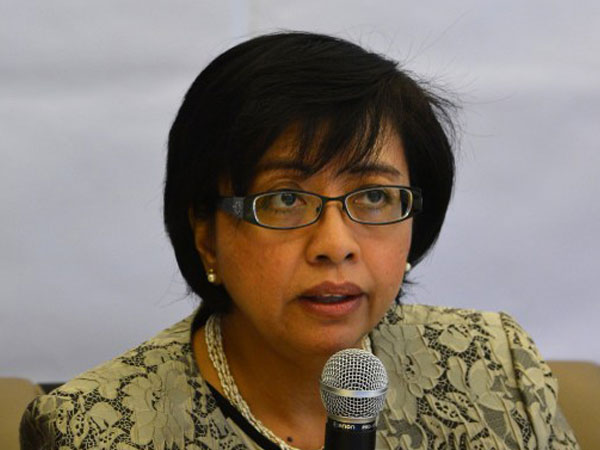MANILA, Philippines – Peaceful dialogue and resolution like what happened during Scotland’s referendum on independence—that is what the government wants to achieve for the Bangsamoro political entity, Miriam Coronel-Ferrer, chief negotiator for the Philippines, said Monday.
“The political predicament (in Scotland) was settled through the vote. People’s support were courted through reason and arguments,” Coronel-Ferrer said in a statement.
Scotland on Sept. 18 voted against becoming a country independent of the United Kingdom. The high turnout of voters (84.6 percent) resulted in 55.3 percent voting against and 44.7 percent voting in favor of independence.
Meanwhile, the Philippine government is undergoing a peace process with the Moro Islamic Liberation Front in the hopes of ending the decades-long conflict in Mindanao. The agreement, through the Bangsamoro Basic Law, will pave the way for the creation a new political entity replacing the Autonomous Region in Muslim Mindanao. The Bangsamoro Basic Law, however, will still need to be approved by Congress before being subjected to a plebiscite which will define the scope of the Bangsamoro territory.
Coronel-Ferrer said the experience of Scotland provides insights for the Philippines.
“Either way the vote may have turned out, the point is that in expressing nationalist aspirations for independence and determining the will of the people in and of Scotland, nobody had to kill nor to be killed,” she said.
She explained that many people – about 100,000 – have already been killed because of the armed conflict in Mindanao.
She pointed out that the vote in Scotland resulted in a “new and fair settlement” with the United Kingdom offering more devolution and changes when it comes to tax, spendign and welfare.
A similar process is being undertaken with the Bangsamoro Basic Law seeking to “provide for more devolved powers to the Bangsamoro, in order to enable meaningful self-governance of the people in the upcoming autonomous region while remaining part and parcel of national politics and society,” Coronel-Ferrer said.
She said that while the campaign for the referendum did not escape the “trappings of a political contest,” it did not result in violence.
“Balloons and barn-hopping, not bombs and bullets marked the campaign. Debates and dialogues brought forth the best arguments for and against independence.”
RELATED STORIES
Scotland votes ‘No’ to independence
Aquino sees ‘new era’ in Mindanao, as Bangsamoro bill goes to Congress
